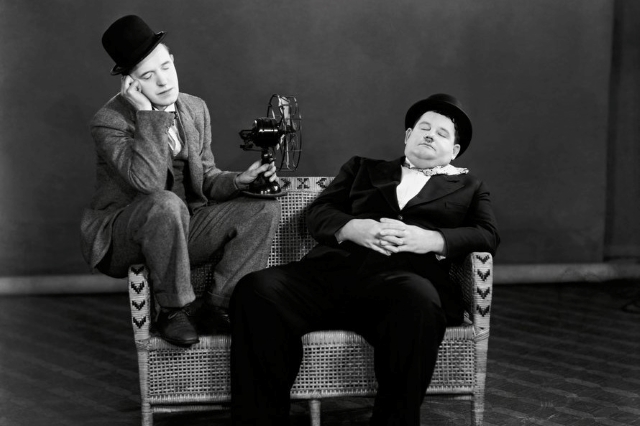Marcel Nollen, VU Executive Board, opened the conversation for students and employees to see how they are coping with the coronavirus crisis. Special focus for this Freedom in Lockdown-event was on the Ramadan.
After a musical introduction by a violin player from the VU Orchestra – also a clever way of avoiding repetitive small talk while people enter the Zoom meeting – Nollen asks two students about their experience this last year.
“I feel a bit flat, I wouldn’t say that I’m depressed or scared or angry – everything has just become a bit monotone”, says one student. He notices he doesn’t have the same amount of motivation and inspiration as before, but quotes a well-known Dutch song by saying “we shall go on” and the participants smile in recognition. “We should sing that afterwards”, someone proposes.
A period of reflection
The other student seems to share that mindset of moving forward. She elaborates on her experience with Ramadan, and explains how just like during Ramadan, she has found a way to use this time as a period of reflection: “the hardship will bring peace”.
‘The hardship will bring peace’
This approach is underlined when a prayer from the Qur’an is recited by a student and reflected on by someone from the THNK School of Creative Leadership. She refers to Ramadan as a month of patience, in which people are inspired to become more grateful.
The element of reflection is something that she has seen with people all across the world during this pandemic. She sees that people now not only dig deeper in their relationships between friends and family, but also between themselves and the environment. “Are we going back to the same normal before corona, or do we have to change something about our priorities?”
Casual chatting
Nollen’s role as executive board member becomes apparent when he asks the students what the VU could do to make the situation better for students. But the students also get a chance to bounce back questions to Nollen, and so he elaborates on how he keeps his motivation during lockdown times.
From there, they go on to chat about geopolitical implications of the vaccine distribution, the joy of being able to go to campus, and a student elaborates on the cultural differences she has noticed between her home country of Indonesia and the Netherlands. “We like to ask private questions, but aren’t as good in small talk as the Dutch are. Maybe we could learn from each other.” It’s a rare opportunity to speak to people all across the board about anything that comes to mind, and it makes me wonder if there were even opportunities like this in offline settings.
Purely physical distancing
Then, the participants are sent into break out rooms for a half hour of catching up. One by one, everybody shares how they are doing, if there’s something that they’re missing these days, and what gives them hope. And although on the program it looked like a big chunk of time to converse in break out rooms – which aren’t always as successful in stimulating conversation – before we know it, we’re already back in the main meeting to discuss our findings.
Besides moments of loneliness, occasional extra stress, people also share that online meetings are sometimes more efficient than meeting in person, that they don’t miss traffic jams, and that they’ve noticed a stronger bond between friends and family as their support system. “We’re not social distancing, this is purely physical distancing”, one participant remarks.
This time has also made people think about our eco system. Is it really necessary to fly all over the world or drive somewhere for every little thing? The meeting is concluded with the uplifting but also critical note that there is a world after corona, and that we are all responsible to take care of it. And although we don’t actually sing ‘We shall go on’ together, we do end the meeting with that feeling.
This was the third and final meeting of the online event series ‘Freedom in Lockdown’, held on Friday the 23rd of April.
